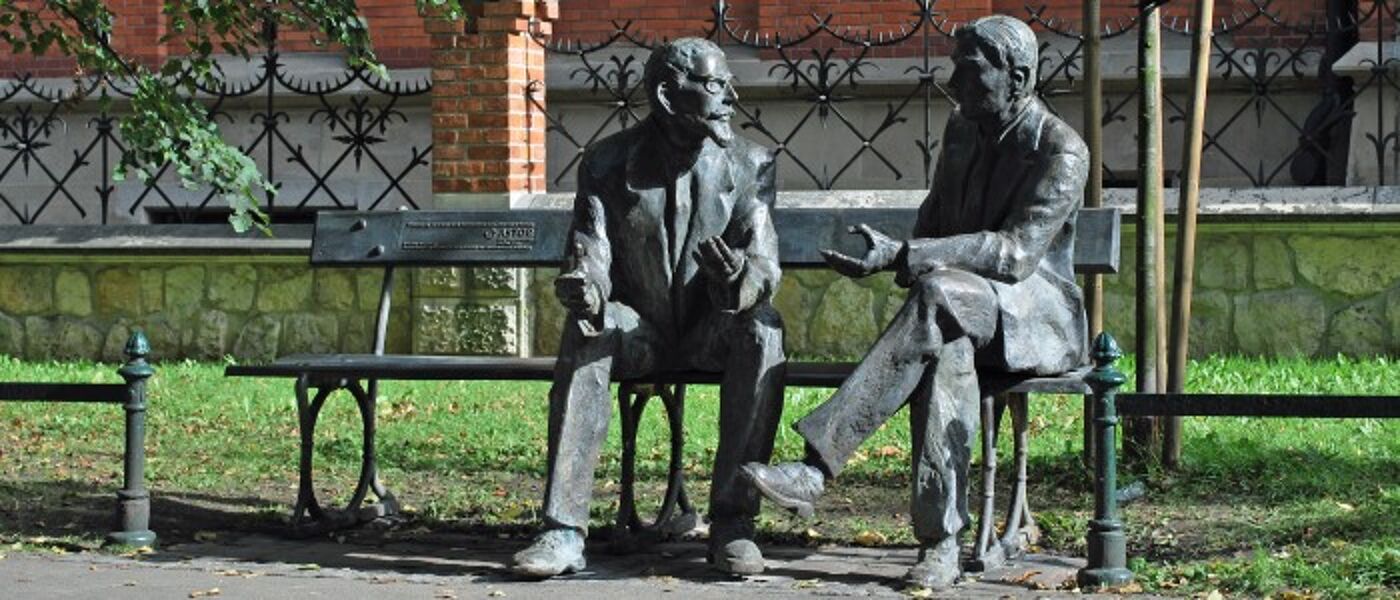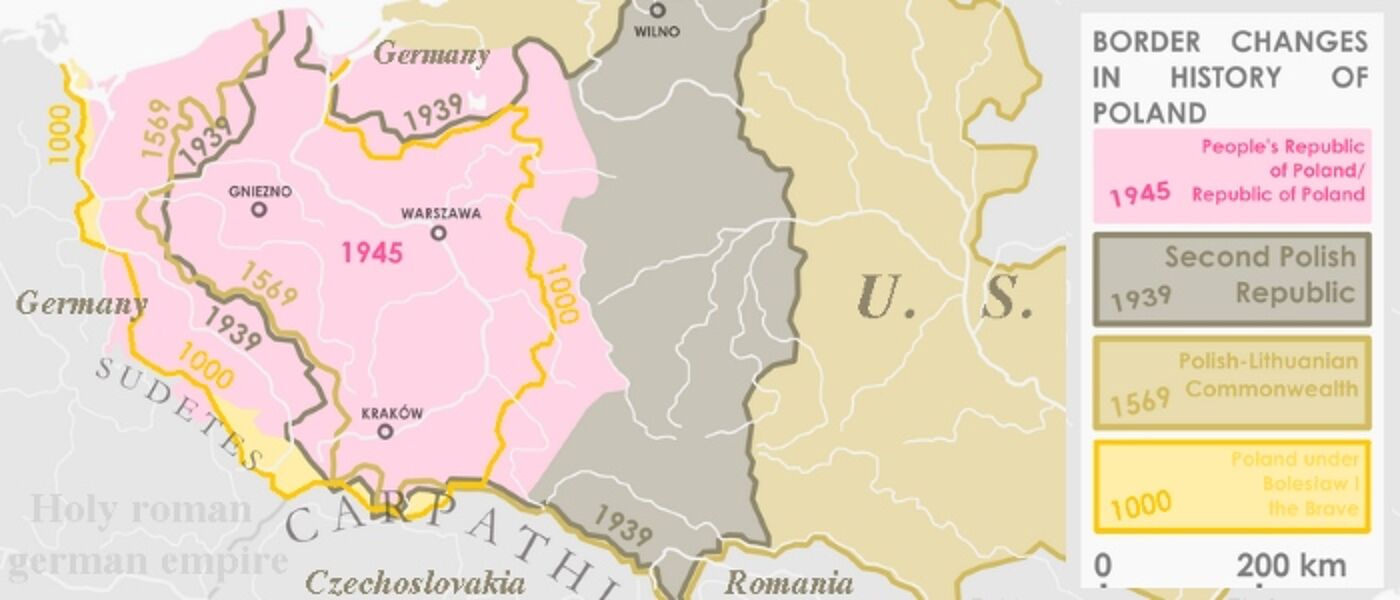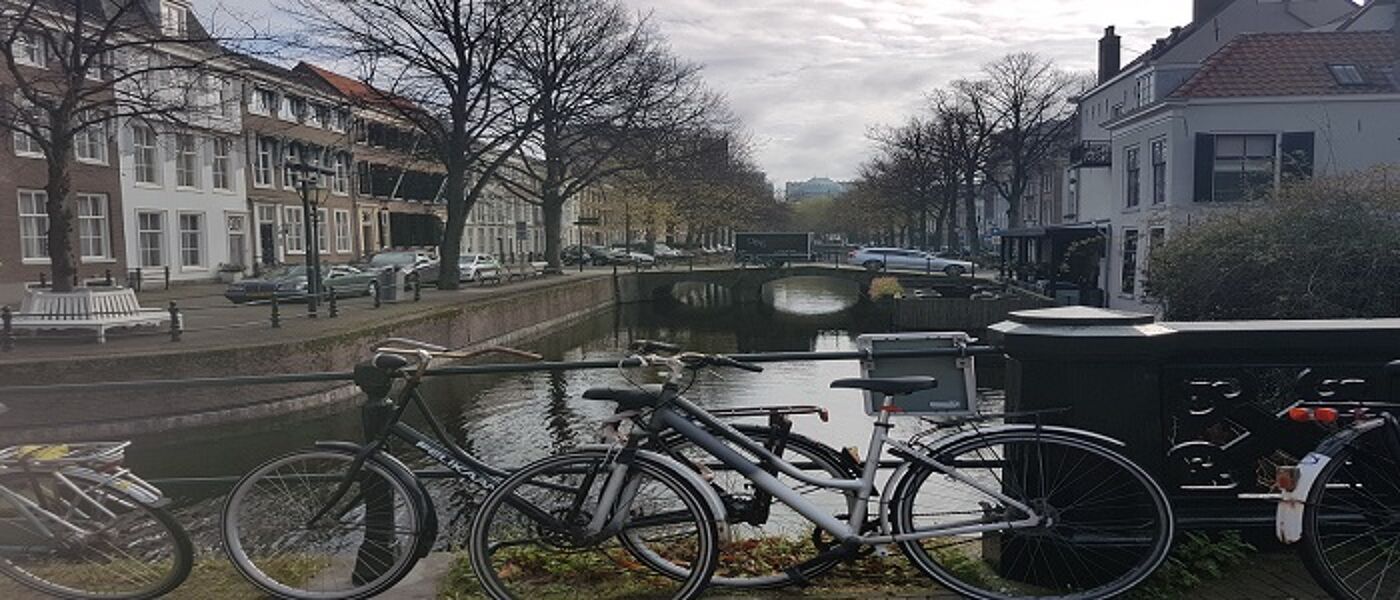
A research platform on kin-state policies in Europe and beyond
ABOUT
KINPOL is a research platform bringing together a network of practitioners and academic researchers with expertise in the fields of politics, international relations, sociology, history, economics, constitutional and international law in order to provide:
- An inventory of kin-state policies in Europe and beyond
- Single-case and comparative analyses of kin-state policies addressing the nature, grounds, scope and limits of kin-states’ involvement
- Analyses of specific issues pertaining to the relations between kin-minorities, kin-states, home-states and international organisations
KINPOL Observatory on Kin-state Policies aims to become the most important source of information on kin-state policies.
A kin-state’s involvement in the living conditions of its kin-minority groups is certainly not novel or geographically contained. To date, European states have stood out in this area by virtue of their legislation. By now, with a few exceptions, European states have adopted and implemented policies specifically targeting their kin-minorities. Examples include Austria, Germany, Denmark, Italy, Slovenia, Slovakia, Romania, Greece, Russia, Hungary and Poland. In recent years, we have witnessed a proliferation of such policies and a broadening of their scope in Europe.
The term ‘kin-minority’ refers to groups which identify culturally with the titular groups in another state. Often because of arbitrary territorial border shifts, members of such groups and/or their ancestors became citizens of their current state against their wishes. The disintegration of the European empires, the peace settlements after both World Wars, and more recently the breakdown of the USSR have created numerous kin-minority groups in Europe. However, some policies across Europe have blurred the distinction between diaspora and kin-minority groups, for example the legislation on kin-minorities from Romania, Hungary, or Russia. While we maintain that there is a difference between the two groups, this initiative addresses the policies that target kin-minority groups as well as those referring to the diaspora ones.
Convenors
Current Projects

Outputs

Special Issue of Ethnopolitics
KINPOL’s special issue in Ethnopolitics on Poland's kin-state policies
Interview with Ambassador Lamberto Zannier, OSCE High Commissioner on National Minorities University of Glasgow, 13 November 2018
In this short interview, Ambassador Zannier discusses the role of the academic community in supporting the work of his Office focusing on the Bolzano/Bozen Recommendations on National Minorities in Inter-State Relations and the Ljubljana Guidelines on Integration of Diverse Societies. He highlights the importance of the research conducted at the University of Glasgow on the concept of non-territorial autonomy.
This interview was led by Professor David Smith and was supported by the Economic and Social Research Council under IAA Grant Number ES/M500471/1.





